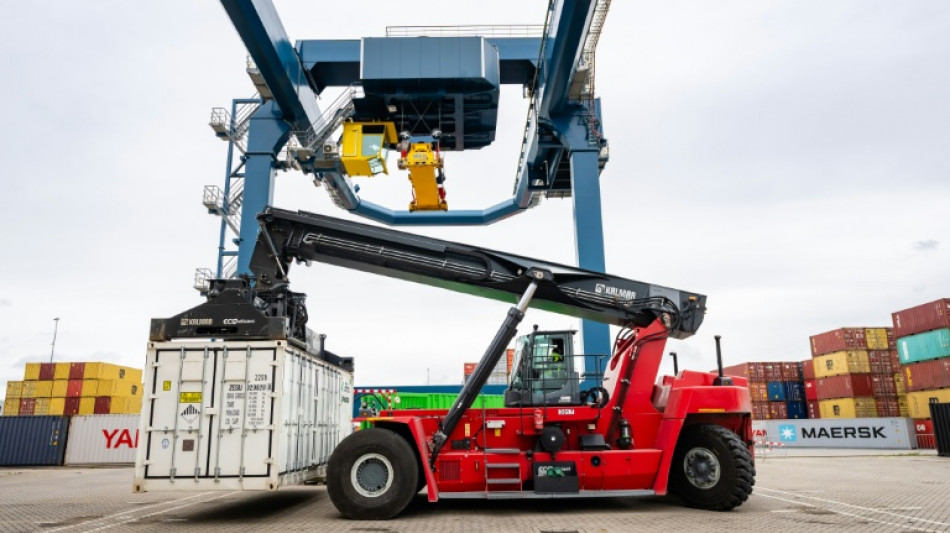
-
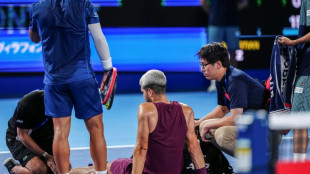 Alcaraz survives injury scare and rain delay to win Tokyo opener
Alcaraz survives injury scare and rain delay to win Tokyo opener
-
Ticketmaster agrees clearer prices after Oasis probe
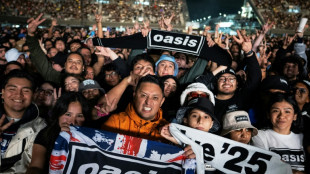
-
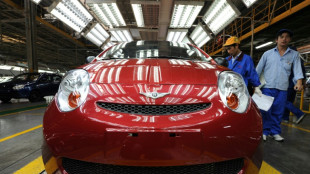 Stocks downbeat ahead of key US data
Stocks downbeat ahead of key US data
-
EU opens antitrust probe into German software giant SAP
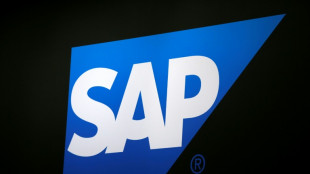
-
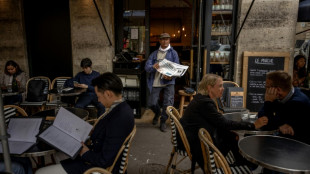 Meet Ali Akbar, the last newspaper hawker in Paris
Meet Ali Akbar, the last newspaper hawker in Paris
-
EU rejects Apple demand to scrap landmark tech rules
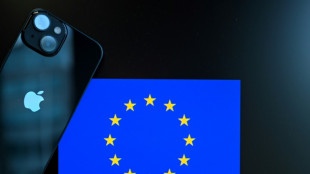
-
 England captain Aldcroft says it's 'our time now' ahead of World Cup final
England captain Aldcroft says it's 'our time now' ahead of World Cup final
-
Toyota opens high-tech village in Japan to road test the future
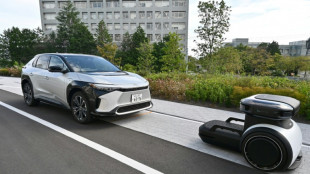
-
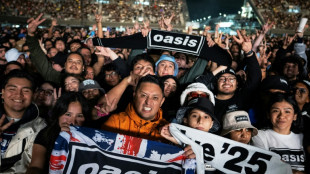 Ticketmaster agrees clearer prices after Oasis probe: UK regulator
Ticketmaster agrees clearer prices after Oasis probe: UK regulator
-
Marseille hoping to prove title credentials after win over PSG
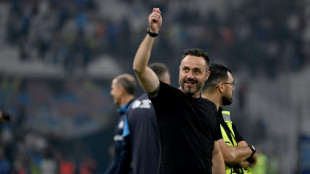
-
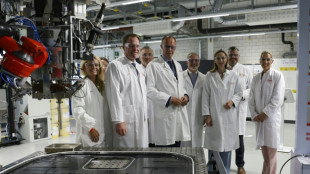 Germany must move quicker on reforms, say experts
Germany must move quicker on reforms, say experts
-
PSG star Hakimi says at 'peace' despite rape allegation

-
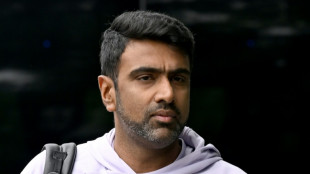 India spin great Ashwin joins Australia's BBL in first
India spin great Ashwin joins Australia's BBL in first
-
France's ex-president Sarkozy convicted in Libya trial
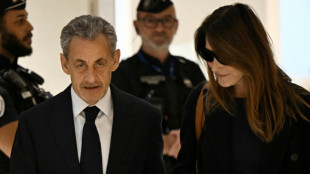
-
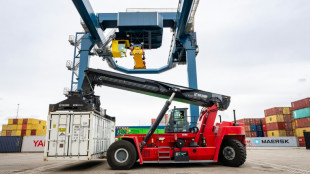 Dutch lead charge on electric inland vessels
Dutch lead charge on electric inland vessels
-
Red-hot Kane on record course with Bremen in his sights

-
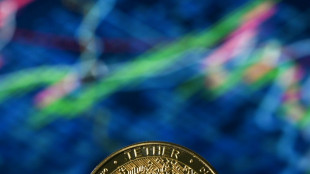 Vietnam jails dozens in $3.8 bn online gambling and crypto case
Vietnam jails dozens in $3.8 bn online gambling and crypto case
-
England unchanged for Women's Rugby World Cup final against Canada

-
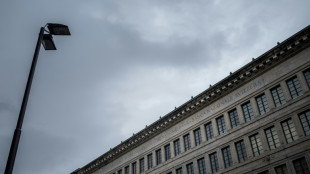 Swiss central bank keeps zero-rate as tariffs take their toll
Swiss central bank keeps zero-rate as tariffs take their toll
-
Denmark says 'professional actor' behind drone flights over airports
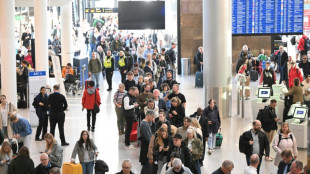
-
 Marquez looking to crown comeback with MotoGP title in Japan
Marquez looking to crown comeback with MotoGP title in Japan
-
Markets slide as traders prepare for key US data
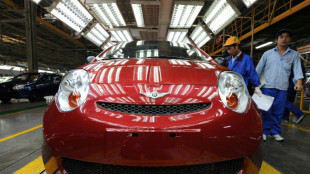
-
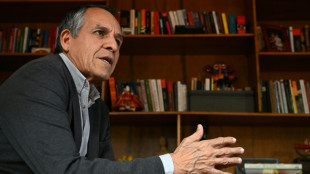 Colombia's top drug cartel in decline, may lay down arms: negotiator
Colombia's top drug cartel in decline, may lay down arms: negotiator
-
Snoop Dogg 'in love' with Australian Rules football

-
 Former NBA star Harrell axed by Adelaide 36ers over drugs
Former NBA star Harrell axed by Adelaide 36ers over drugs
-
Townsend pulls out of Beijing following 'crazy' Chinese food post

-
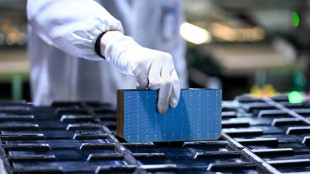 Under promise, over deliver? China unveils new climate goals
Under promise, over deliver? China unveils new climate goals
-
South China cleans up after powerful Typhoon Ragasa
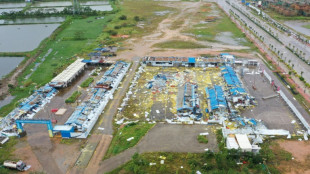
-
 'Morgue is full': how Kenyan starvation cult kept killing
'Morgue is full': how Kenyan starvation cult kept killing
-
Nickel mining threatens Indonesia coral haven, NGOs warn
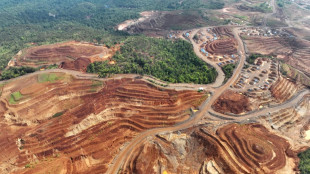
-
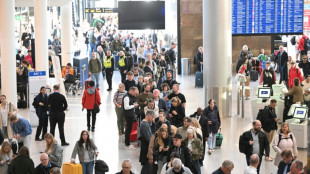 Drones fly over multiple Danish airports
Drones fly over multiple Danish airports
-
Raleigh reaches 60 homers as Mariners clinch first division title since 2001

-
 Savea leads 'stung' All Blacks, Wallaby Slipper to hit 150 Test milestone
Savea leads 'stung' All Blacks, Wallaby Slipper to hit 150 Test milestone
-
Morocco High Atlas whistle language strives for survival
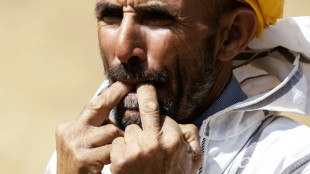
-
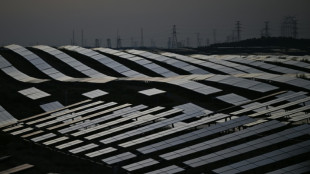 Glimmering sea of solar as China expands desert installation
Glimmering sea of solar as China expands desert installation
-
France's Sarkozy set to learn fate in Libya case
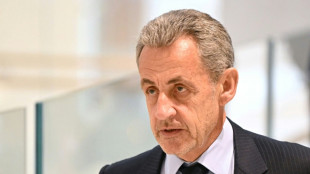
-
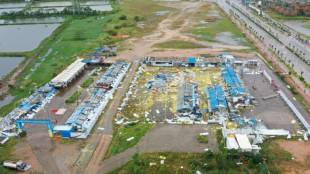 Clean-up underway in southern China after Typhoon Ragasa sweeps through
Clean-up underway in southern China after Typhoon Ragasa sweeps through
-
Apple asks EU to scrap landmark digital competition law
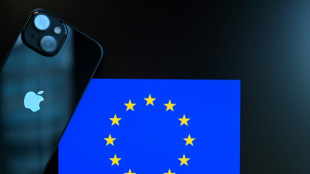
-
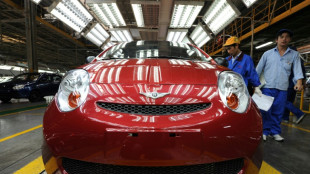 Asian markets slide as traders prepare for key US data
Asian markets slide as traders prepare for key US data
-
Return of millions of Afghans fuels terror potential
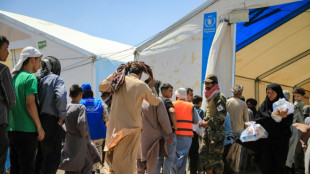
-
 Savea to lead 'stung' All Blacks as Robertson makes four changes
Savea to lead 'stung' All Blacks as Robertson makes four changes
-
'Shut your mouth': Low-paid women still waiting for their #MeToo
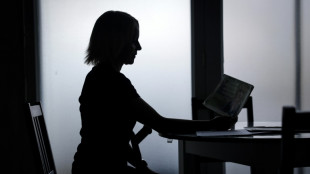
-
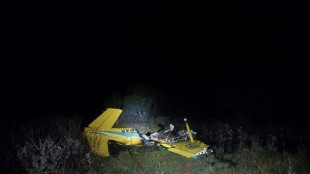 Famed 'sponge cities' Chinese architect dead in Brazil plane crash
Famed 'sponge cities' Chinese architect dead in Brazil plane crash
-
Palestinian leader to address UN as peace push gathers steam

-
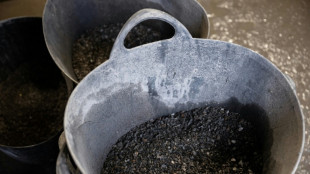 Canada's Indigenous wary of mining push in rich 'Ring of Fire'
Canada's Indigenous wary of mining push in rich 'Ring of Fire'
-
Trump visit adds to intensity as Ryder Cup looms
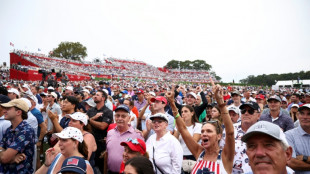
-
 Savea to lead All Blacks as four changes made to face Wallabies
Savea to lead All Blacks as four changes made to face Wallabies
-
Kimmel scores decade-high ratings amid Trump fight: Disney

-
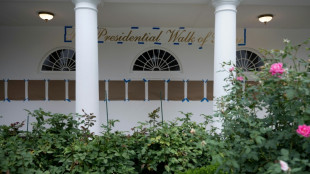 Trump trolls Biden with White House 'autopen' portrait
Trump trolls Biden with White House 'autopen' portrait
-
Low bar, high hopes: China unveils new climate goals
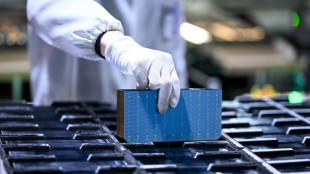

Dutch lead charge on electric inland vessels
At a windswept container park near the sprawling port of Rotterdam, a crane slots a 30-tonne white battery into a transporter vessel, enough to provide eight hours of zero-emissions freight.
The ship, the MS Den Bosch Max Groen, will ply the waterways between the ports of Rotterdam and Den Bosch using a pioneering system of swappable batteries, hailed as the world's first commercial deployment of the technology.
Organisers believe it could be game-changing for the inland waterway transport sector, while admitting there is work to be done to make it cost competitive.
The system is simple and time-efficient. While the ship unloads its cargo at one of three strategic locations near Rotterdam, a crane swaps out a depleted battery for a fully-charged one.
"The ship owner, or the shipper, doesn't lose any time for charging," said Michael Beemer, chief executive of Zero Emission Services (ZES), which provides the batteries.
The battery, known as a Zespack (or "six pack"), takes around three hours to charge and only 15 minutes to haul by crane into the ship, Beemer told AFP.
With this system, no CO2, nitrogen, or particulates are emitted. Some 800 tonnes of CO2 per year is saved with just this ship, said Eduard Backer, chief executive of Inland Terminals Group (ITG).
ITG has 17 terminals connecting key locations in the Netherlands and Belgium with the sea ports of Antwerp and Rotterdam, handling one million containers per year.
There are currently battery swapping facilities at three ITG terminals, but Backer said there were already plans for three more, with the network expanding rapidly.
"I have a strong, strong belief in waterway transport. We should aim to get much more cargo from the road onto the water," said Backer, 54.
This is particularly important in the Netherlands, which has one of the world's highest population densities and heavily congested roads, especially around Rotterdam.
- 'Cleaner air, cleaner water' -
As befits a country known globally for its canals, the Netherlands is a European leader when it comes to shipping goods inland.
According to European Union data, the Dutch transported 18.5 tonnes of goods per habitant via inland shipping routes in 2024, nearly 17 times the EU average.
Statistics Netherlands registered a 1.5-percent increase in the volume of goods shipped over inland waterways in 2024 compared to the previous year.
Of the roughly 10,000 inland waterway vessels in Europe, around half sail under a Dutch flag, said Beemer.
Transitioning from diesel-powered vessels to zero-emissions electric freighters is a game-changer for the local environment, he told AFP.
"We have cleaner air, cleaner water, so a cleaner living environment," he said, adding that conditions on board the ship were noticeably healthier too.
Beemer sees huge potential in the system, already being supported by corporate giants like Heineken.
"The aim is to have around eight to 10 locations live by the end of 2026," he said, with plans to expand to a minimum of 50 vessels using the swappable battery system.
The former investment banker is talking to potential clients, hoping to persuade them to become a "forerunner" in the sector and stay ahead of tighter environmental regulations that will further limit emissions.
"You'd be ready to hit the ground running when there's rules and regulations," said the 39-year-old.
The batteries are charged using 100-percent green electricity, and shippers pay using an innovative system based on the time the battery is on board and energy used.
Beemer acknowledged that the technology still has some way to go before competing with traditional diesel-fuelled vessels on cost.
"We need the market to adapt this system so we can have more scale. Scale is the key for lowering the cost and getting it more reliable for the ship owners," he said.
"It's not much more expensive. It's not competitive yet, but it will be," he promised.
A similar pilot project has run on the Yangtze River in China and in Vietnam, but the Dutch aim to be the world leader in the technology, building on its rich seafaring heritage and centuries of living and working on water.
Beemer said it's not about global competition but rather learning from other countries.
"Are we competing in meeting climate goals? Or are we wanting to meet climate goals all together?"
D.Khalil--SF-PST
